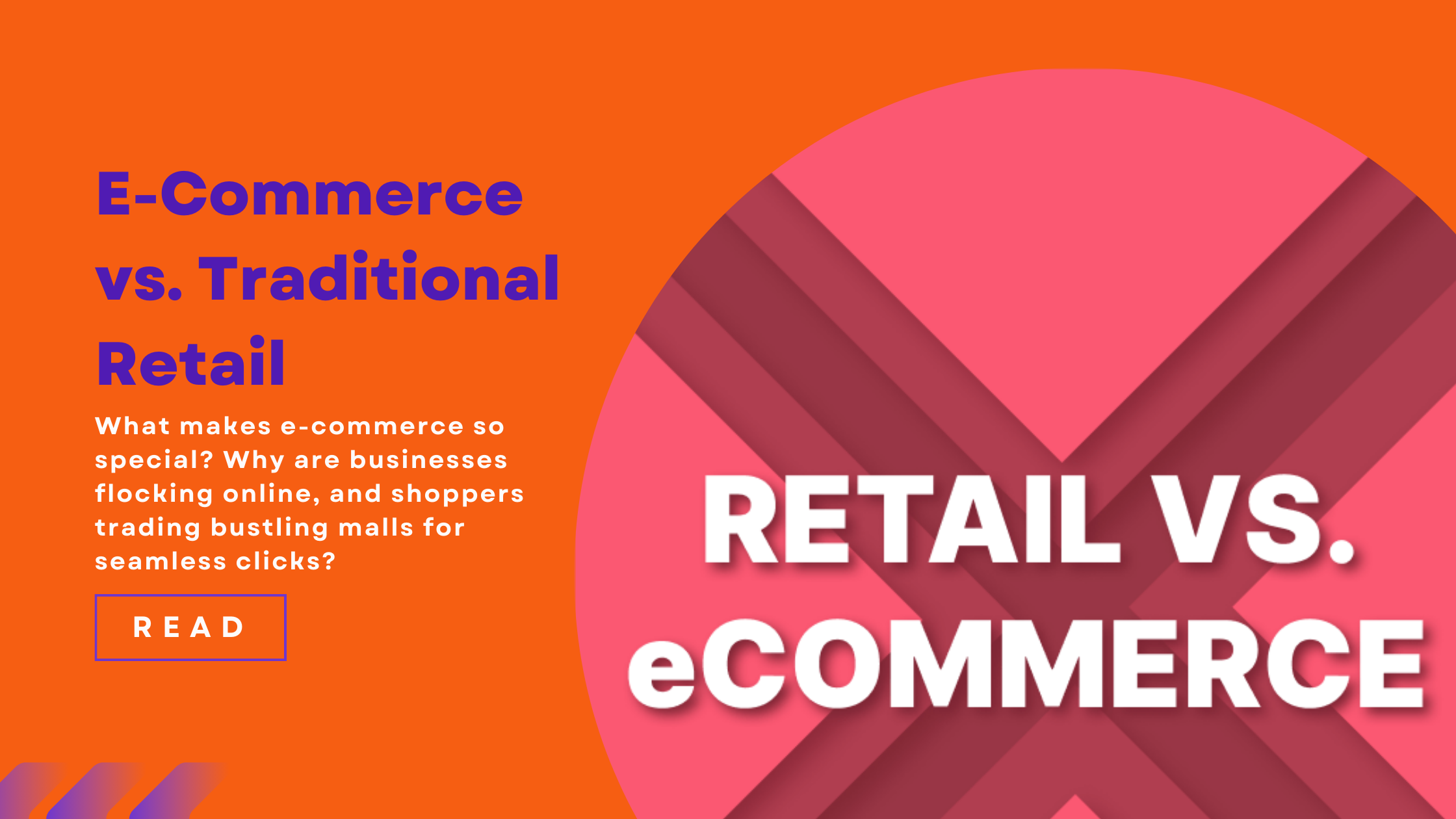Today, more than 2.64 billion people worldwide make purchases online, and this figure is projected to go even higher by the end of 2025, according to Statista. Ecommerce is fast, convenient, and it’s growing exponentially compared to traditional retail, which still relies on physical stores and set hours, it’s clear the game has changed.
But what makes e-commerce so special? Why are businesses flocking online, and shoppers trading bustling malls for seamless clicks? We break it down here.
From the unparalleled convenience of shopping at 3 a.m. to having endless choices at your fingertips, e-commerce is the future. And for businesses? Platforms like Selly Africa are removing the barriers of having a store for your business, letting you launch a secure, beautiful and customizable e-commerce store in minutes, no waiting on developers, no hidden complexities. Want a storefront that reflects your brand? It’s done.
So, is traditional retail dead? Not quite. But e-commerce? It’s winning—and here’s why.
Key Differences Between E-Commerce and Traditional Retail
Accessibility: Shop Anytime, Anywhere
- With traditional retail, your shopping experience is limited by store hours and physical locations. But e-commerce? It’s a 24/7 affair. Whether you’re on your couch, at work, or commuting, you can make a purchase instantly.
- According to BigCommerce, 96% of Americans have made an online purchase in their lifetime, proving that convenience trumps effort.
E-Commerce Advantage: Platforms like Selly Africa streamline this process further by allowing businesses to launch their stores in minutes, ensuring customers never miss out on a sale.
Cost Efficiency for Businesses
- Brick-and-mortar stores come with high overhead costs: rent, utilities, and staff. E-commerce eliminates much of this, letting businesses operate with leaner budgets.
- According to Shopify, the average cost to launch an e-commerce store is a fraction of what it takes to open a physical location.
E-Commerce Advantage: With Selly Africa, businesses save even more time and money, as the platform is secure, fast, and fully customizable.
Product Range and Personalization
- Physical stores have space limitations. But online stores? They can showcase an endless inventory, often enhanced with AI-driven personalization.
- A report by McKinsey highlights that 35% of Amazon’s revenue comes from its personalized recommendation engine.
E-Commerce Advantage: With platforms like Selly Africa, even small businesses can utilize advanced features like custom layouts and integrated tools to personalize the shopping experience.
Data-Driven Insights
- Traditional retail relies on guesswork to understand customer preferences. E-commerce, on the other hand, thrives on data. Businesses can track user behavior, purchase history, and preferences to refine their offerings.
- As noted by Forbes, data analytics tools in e-commerce can boost customer retention by 20%.
E-Commerce Advantage: Selly Africa provides integrated analytics tools, empowering businesses to make smarter decisions and grow faster.
Global Reach
- Traditional retail ties you to a specific location, but e-commerce opens doors to global markets. Selling internationally is as simple as optimizing your shipping settings.
- According to Oberlo, the global e-commerce market is expected to reach $6.3 trillion in 2025, meaning businesses without an online presence are missing out.
The Benefits of E-Commerce: Why It’s Winning
- Unparalleled Convenience for Shoppers: There’s no traffic, no queues, and no closing times. E-commerce is built for today’s busy, tech-savvy consumer.
- Scalability for Businesses: Expanding a physical store requires significant investment. Scaling an online store? It’s as simple as adding products or targeting a new audience with ads.
- Secure Transactions and Customization: Platforms like Selly Africa ensure that every e-commerce store is secure, fast, and tailored to the business’s needs. A few clicks, and you’re live—no coding skills required.
- Environmentally Friendly: E-commerce reduces the need for physical spaces, cutting down on energy consumption and transportation emissions.
While traditional retail holds sentimental value, e-commerce is the undeniable leader in convenience, efficiency, and growth potential. Businesses that fail to adapt risk falling behind in an ever-changing digital landscape.
For entrepreneurs, platforms like Selly Africa remove the guesswork, enabling you to build a secure and customizable online store in just minutes. Whether you’re an established retailer or a budding entrepreneur, the time to embrace e-commerce is now.
E-commerce isn’t just the future—it’s the present. The only question is, are you ready to make the switch?
